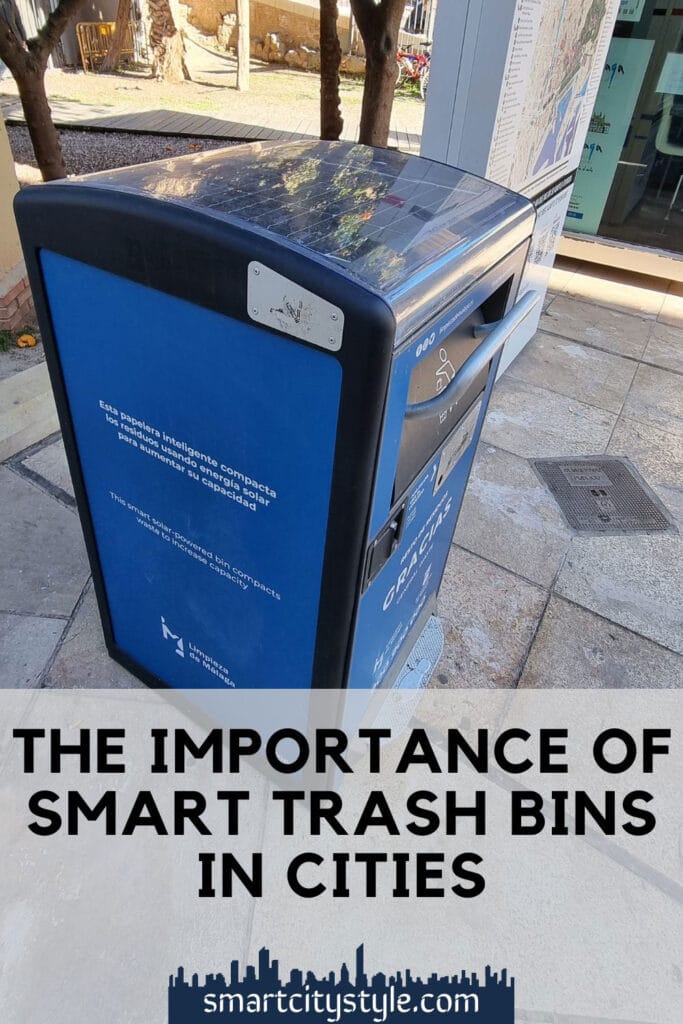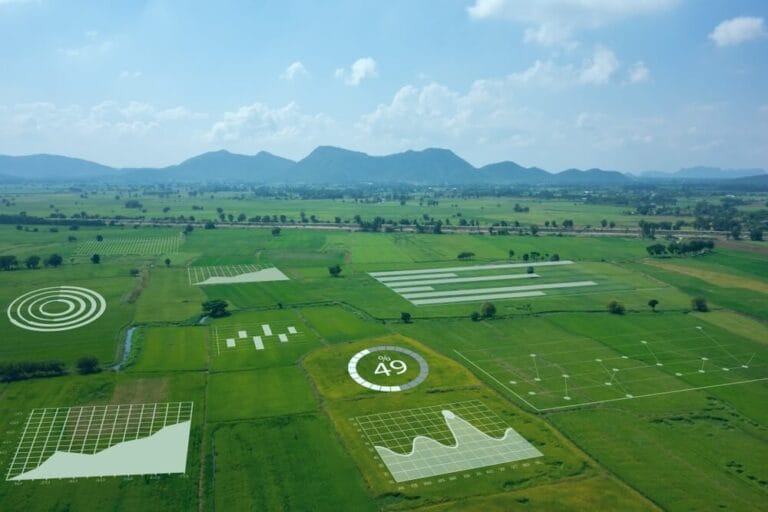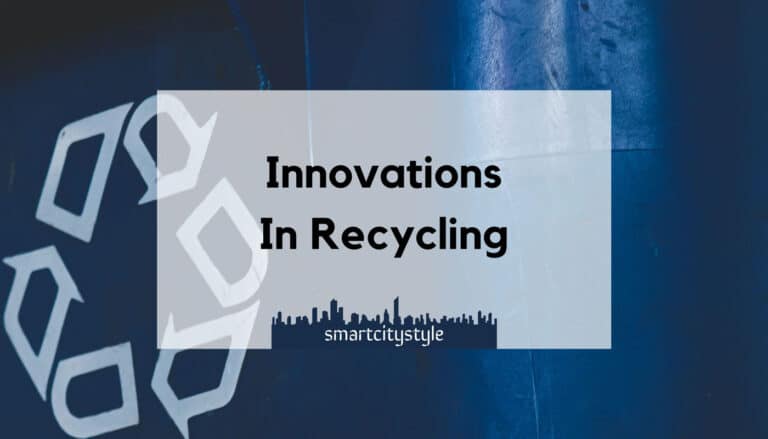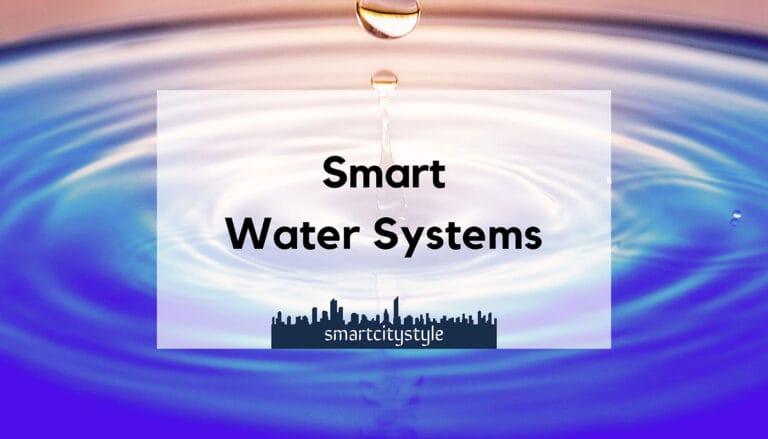Reducing Environmental Impact in Cities With Smart Trash Bins
Waste management, particularly through smart trash bins over traditional bins, is important to environmental conservation. There’s no argument that effective and efficient waste management is becoming necessary, especially in urban areas.
Rising city populations have begun generating more waste, leading to more air pollution and public health hazards. Today we will take a closer look at smart trash bins and the value they offer.
We will look into how to use them properly to begin waste management system transformation in our urban areas. And with this transformation, we can begin reducing waste’s impact on our living environment.
The Need for Smart Trash Bins
Over 8 billion people live on our planet. More than half of these people live in urban areas. These people produce waste and can account for the trash you may see on city streets.
Overflowing trash cans in our cities pose significant environmental and safety risks, not only in urban areas but to the rest of the world as well, including the rural and currently “unspoiled” area that we are keen to preserve.
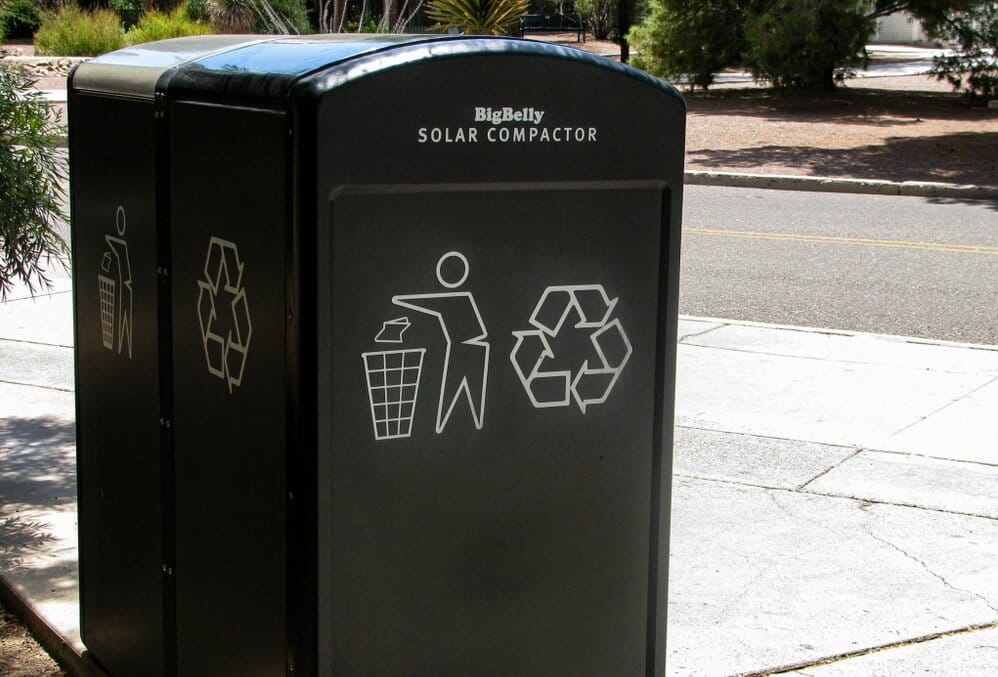
As the size and number of senseable cities increase globally, the importance of implementing measures to reduce the environmental impact of waste disposal generated by the people living in these cities has become more apparent and urgent.
To manage waste effectively, smart trash bins are being introduced in most cities worldwide. Innovative waste management systems use modern technology to control waste production, recycle waste products, reduce carbon emissions, and lower operational costs.
What Are Smart Trash Bins?
Smart trash bins are a waste management system incorporating technology to make waste collection and separation more efficient. These smart bins use sensors, Wi-Fi, and cloud-based technology to monitor and manage waste, collect data, and transmit information to a central server.
While every solid waste management company may offer a different type of smart trash can, for the most part, they tend to have a built-in mechanism that:
- Helps to sort the trash for recycling purposes
- Optimize waste collection schedules and waste collection routes for the sanitation employees
- Detect the levels of waste in the waste container to prevent overflowing bins
In short, smart trash cans use technology to help optimize waste management processes and minimize the negative impact that waste has on the environment. Smart waste bins notify waste management personnel when the bins are nearly full, so the bins can be serviced to avoid overflow, littering, and the spread of bad odors that tend to come from these garbage bins in general.
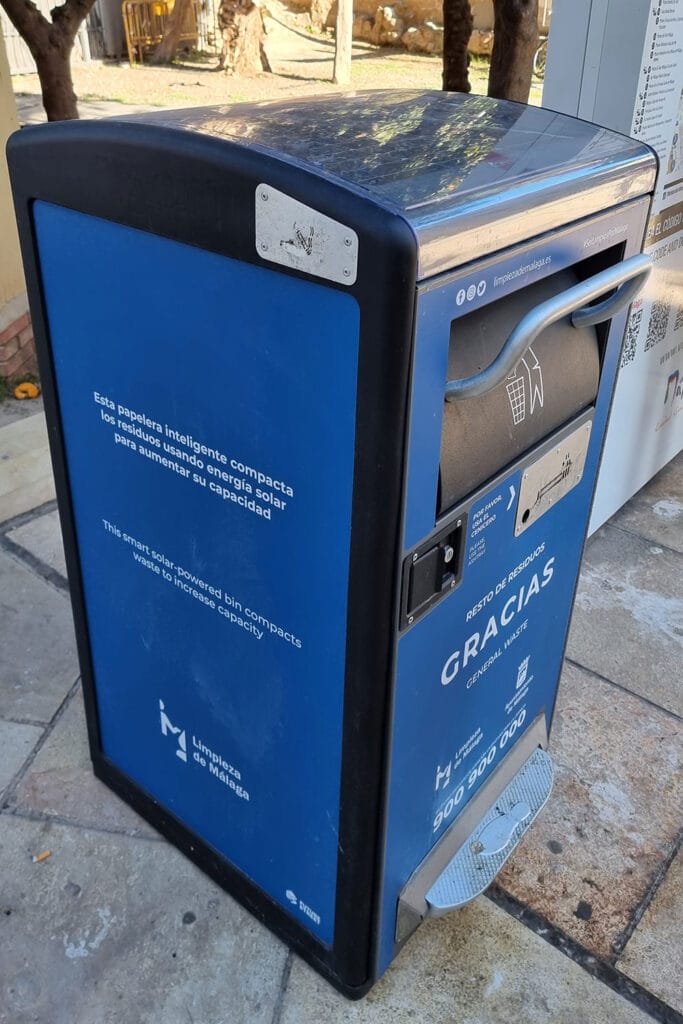
Smart garbage bins also help to keep the city clean and improve waste separation and recycling. So, when people throw away their garbage, it will likely end up in the appropriate section of the landfill site. Ultimately, we see a reduction in pollution and a noticeable decrease in the amount of waste that is being sent to our landfills.
Finally, some smart trash bins can also use compressed air to reduce the volume of solid waste within. This ensures more efficient storage of waste. This means that the waste can be collected in larger quantities, reducing the frequency of collection vehicles doing the rounds and compacting waste disposal schedules.
This reduces emissions and decreases the number of vehicles on the road, decreasing traffic and the associated noise pollution.
The Different Types of Smart Trash Bins
As you can imagine, the smart trash bin market is full of many different types of smart garbage bins. These tend to vary depending on the features and benefits that they offer. Some of the most popular types include:
- Public smart bins: These are smart trash bins that are commonly placed in public areas like streets, parks, and major public transit points. They help to control the amount of waste produced in urban areas such as cities.
- Smart home bins: These are waste management systems that can be fitted into your home. Like most other smart waste management containers, they have sophisticated sensors that monitor the waste levels in the bin.
- Corporate smart bins: As the name suggests, these trash bins are often situated in commercial and industrial areas. They are built with high-end sensors that sort different kinds of waste products for more efficient waste disposal.
Key Features of Smart Trash Bins
Smart trash bins come with several unique features that make them stand out in the waste management industry. Some of the features include:
- Sensors: Smart bins are built with ultrasonic sensors that detect waste levels in the bin. These sensors provide information on whether the bin is full or empty, reducing waste overflow in the home or in the smart city. When the bin is full, a notification is sent to the garbage collection service, which sends in garbage trucks to collect the waste.
- Sorting technology: With built-in sorting technology, smart bins can sort waste products into specific categories such as plastic, glass, and metal. The bins sort waste products automatically, making it easier for waste disposal companies to recycle waste and reduce the overall carbon footprint.
- Artificial intelligence: There’s no escaping AI when building smart cities. Through artificial intelligence and machine learning algorithms, smart trash bins can learn users’ habits and collect data on waste production to estimate future waste volumes.
- Wi-Fi and cloud-based technology: Smart trash bins connect to a central server through Wi-Fi and cloud-based technology. This allows for real-time access to data on waste volumes, collection schedules, and other waste management details.
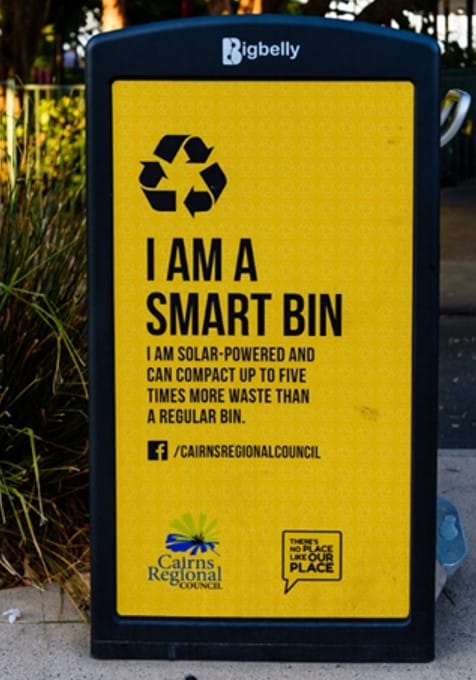
Benefits of Using Smart Trash Bins
Smart waste management is the way of the future. Using smart trash cans benefits not only the environment but also waste disposal companies and communities in general.
Here are some benefits that come with using smart trash bins as opposed to traditional bins:
Reduction of the Carbon Footprint
Smart bins reduce carbon emissions and offer an eco-friendly way to manage waste. This is because sorting waste products allows waste disposal companies to recycle waste materials such as plastics, glass, metal, and electronic waste, significantly reducing greenhouse gas emissions.

Cost Savings
Smart trash bins help save waste management costs. Waste management companies and public works departments do this by optimizing bin collections, thereby reducing the number of vehicles required to collect waste.
Improves Efficiency and Reduces Contamination
Sorting technology incorporated in smart bins ensures that waste materials are recycled rather than disposed of in landfills. The technology ensures that waste is not contaminated, thereby improving public health and reducing the risk of infections.
Additionally, smart trash bins also promote public involvement in waste management by providing real-time information about waste generation patterns. Using analytics and data collection, smart trash bins can track the amount of waste generated in different city areas and provide insights into optimizing waste management in different neighborhoods.
Data Collection
The sensors in smart bins collect data on waste production, usage patterns, and other indicators. Governments and policymakers can use the data and waste disposal companies to improve waste management policies, develop new initiatives, and plan for future waste infrastructure.
Better Community Engagement
Smart trash bins also promote sustainable waste reduction through community engagement. Communities can use smart trash bins to incentivize waste reduction, recycling, and resource conservation. This can be achieved by implementing reward schemes that recognize and benefit residents who reduce their waste, recycle, or participate in the community clean-up program.
Smart trash bins have the potential to revolutionize the waste management industry by reducing carbon emissions, increasing efficiency, and lowering costs.
The technology for these smart trash bins has been found to be successful in many cities worldwide. And as populations continue to grow in urban areas, the need for better waste management systems has never been more vital.
Smart trash bins have proven to be an effective solution for reducing the environmental impact waste management has in urban areas. They are an excellent example of how technology can be used to promote sustainability, optimize resource use, improve waste management practices, and encourage public participation in sustainable waste management.
The implementation of smart trash bins in cities contributes to a healthier planet and a cleaner environment for every single one of us.
Inspired? Pin it!
